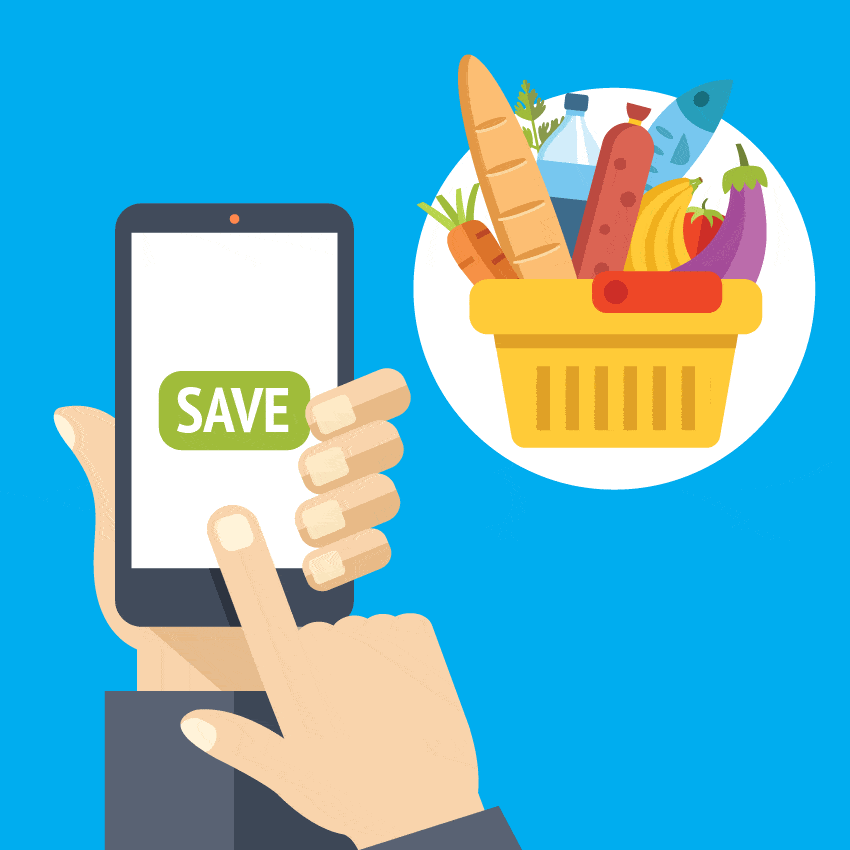How to Save Money on Your Family’s Grocery Bill: Practical Tips for Parents
Welcome to our comprehensive guide designed with love for every parent out there looking to stretch their food budget a bit further! Navigating the grocery store aisles without breaking the bank can seem like navigating through a jungle, but fear not—savvy strategies and a sprinkle of planning can lead to delicious meals that are both nutritious and budget-friendly!
Maximize Your Savings with Smart Shopping
Before you even step foot in a grocery store, having a game plan can make all the difference. In this section, we’ll dive into the art of crafting a budget, understanding the power of a well-thought-out shopping list, and making coupons your best friend!
Create a Sustainable Food Budget
The first step to managing your grocery spending is establishing a realistic budget. Tailor it to fit your family’s needs while keeping in mind your overall financial goals. Monitor your spending for a couple of months before setting a firm budget, so you have a clear idea of what you can adjust.
Embrace the Shopping List
Wandering the grocery store without a list can lead to impulse buys and forgotten essentials—resulting in extra trips and spending. A well-prepared list based on your family’s weekly meal plan not only prevents this but ensures you’re buying only what you need.
Be a Coupon Clipper
Clipping coupons might seem old-fashioned, but it’s still a tried-and-true method of keeping costs down. These days, you can find digital coupon resources, too! Always look at store apps and websites for additional savings.
Meal Planning Mastery
Planning your meals for the week isn’t just about saving time—it’s also a significant factor in saving money. We’ll discuss how meal planning can reduce waste, utilize leftovers creatively, and include affordable but nutritious ingredients into your diet.
Plan with Purpose
Meal planning can transform your approach to grocery shopping and cooking. By aligning your meals with your schedule and budget, you’ll not only save money but also minimize food waste. Remember to leave some flexibility for unexpected changes or special offers that you can capitalize on.
Onward we go! Let’s unlock more tips and tricks that will help you conquer the world of affordable, delicious, and healthy eating while keeping that wallet happily full.

Shop Seasonally and Locally
You might have heard the phrase “fresh is best,” and this can also apply to your budget! Seasonal produce is not only at its peak in flavor but often at its lowest price. Hit up your local farmer’s markets or consider community-supported agriculture (CSA) programs for deals on bulk fresh produce. Locally sourced items don’t have the transportation costs baked into their prices, so they can be cheaper and fresher!
Embrace Whole Foods
While they may require a bit more prep time, whole foods like grains, legumes, and fresh produce typically cost less per serving than their processed counterparts. These items are not only better for your health but also for your wallet. Buy in bulk when possible and store properly to maximize shelf life.
Smart Protein Choices
Proteins are often the most expensive items on your grocery bill. To save, think beyond pricey cuts of meat. Eggs, beans, lentils, and canned fish are affordable and nutritious sources of protein. Consider having meatless meals a couple of times a week, and when you do buy meat, opt for less expensive cuts. Slow cooking can turn tougher meats into tender, flavorful meals!
Limit Convenience Foods
Pre-cut, pre-washed, and ready-made meals can save time, but they will cost you extra. Investing a little more time in preparing and cooking food can lead to significant savings. For example, buying a whole chicken is often cheaper per pound than packaged breasts and yields more meals, plus a carcass for homemade broth.
Reduce Food Waste
One of the best ways to save money is to reduce food waste. Plan to use perishables before they go bad, and get creative with leftovers. If vegetables are starting to wilt, use them in soups, stews, or sauces. Bread going stale? Perfect for croutons or bread pudding. And always remember: your freezer is your friend for extending food’s life.
Stick with us as there’s still more to learn! By using these strategies and adopting a mindful approach to shopping and eating, you and your family can enjoy a wide variety of nourishing meals while keeping your finances in check. Ready to take the challenge? Your wallet—and your tummy—will thank you!
See more great Things to Do with Kids in New Zealand here. For more information see here
Disclaimer
The articles available via our website provide general information only and we strongly urge readers to exercise caution and conduct their own thorough research and fact-checking. The information presented should not be taken as absolute truth, and, to the maximum extent permitted by law, we will not be held liable for any inaccuracies or errors in the content. It is essential for individuals to independently verify and validate the information before making any decisions or taking any actions based on the articles.




